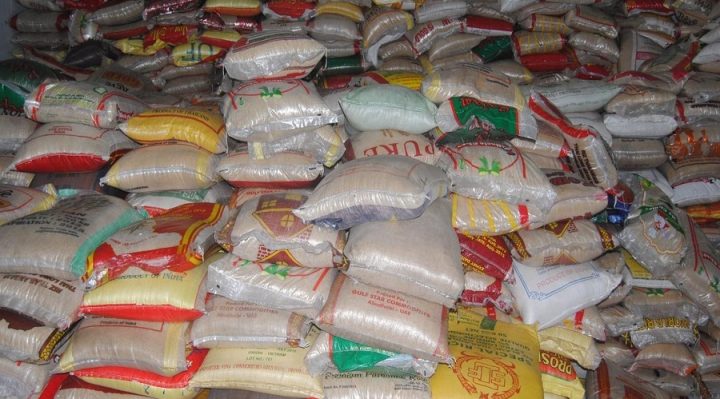Nigeria can become self-sufficient in rice in eight years if post-harvest losses are reduced to between 30 percent and 16 percent.
The declaration was made in Awka on Thursday by Dr Nehemiah Danbaba, of the National Cereals Research Institute, Badeggi, Niger
He was addressing a three-day capacity building workshop for rice farmers, beneficiaries of Rural Poor Stimulus Facility of the 2022-2023 dry season rice cultivation round as a resource person.
He stressed the need for efficient post-harvest practices to attain the self-sufficiency goal.
The workshop was put together by the Federal Government of Nigeria/ International Fund for Agricultural Development Value Chain Development Programme (FGN/ IFAD-VCDP).
Addressing the opening of the workshop, consultant to the programme, Dr Michael Nasamu advised rice farmers to invest heavily in dry season cultivation.
This, it said, is the panacea to stave off losses experienced in periods of flood.
Nasamu said that dry season rice farming was the solution to reduce massive losses to recurrent heavy flooding.
“In 2022, most rice farmers lost heavily to devastating floods. If farmers had adopted dry season rice farming, the situation would have been different,’’ he said.
He added that rice intensification being emphasised by IFAD-VCDP was aimed at achieving smart ways of rice production.
Nasamu noted that Nigerians consumed eight million tonnes of rice in 2019 at 34.5kg per capita.
He stressed that rice cultivation should be taken as serious business and advised farmers to apply recommended agronomic practices to benefit fully.
Nasamu’s address was entitled: “Good Agronomic Practices in Rice Production in Nigeria.’’
In his remarks, Mr Emmanuel Agwuncha, Programme Co-ordinator of IFAD-VCDP in Anambra, said the workshop was unique as it held to train farmers after giving them inputs.
He said the 26 farmers and extension officers attending the workshop were expected to train more rice farmers.
“We want our farmers to do better; that is why after inputs distribution, we train them in best agronomic practices,’’ he said.
Also addressing the workshop, Mr. Fidelis Onyia, a rice farmer from Ayamelum Local Government Area of Anambra, thanked IFAD-VCDP for its efforts at enriching farmers’ knowledge in rice agronomy. (NAN)

